Institutions like schools, hospitals, and universities are not well known for having quality, healthy food. In fact, institutional food often embodies many of the worst traits of our industrialized food system, with long supply chains that are rife with environmental and social problems and growing market concentration in many stages of food production and distribution. Recently, however, non-profit organizations, government agencies, university research institutes, and activists have partnered with institutions to experiment with a wide range of more ethical and sustainable models for food purchasing, also known as values-based procurement.
Institutions as Conscious Food Consumers brings together in-depth case studies from several of promising models of institutional food purchasing that aim to be more sustainable, healthy, equitable, and local. With chapters written by a diverse set of authors, including leaders in the food movement and policy researchers, this book:
- Documents growing interest among non-profit organizations and activists in institutional food interventions through case studies and first-hand experiences;
- Highlights emerging evidence about how these new procurement models affect agro-food supply chains; and
- Examines the role of policy and regional or geographic identity in promoting food systems change.
Institutions as Conscious Food Consumers makes the case that institutions can use their budgets to change the food system for the better, although significant challenges remain. It is a must read for food systems practitioners, food chain researchers, and foodservice professionals interested in values-based procurement.
Photo: Marco Verch/Flickr (CC BY 2.0)

